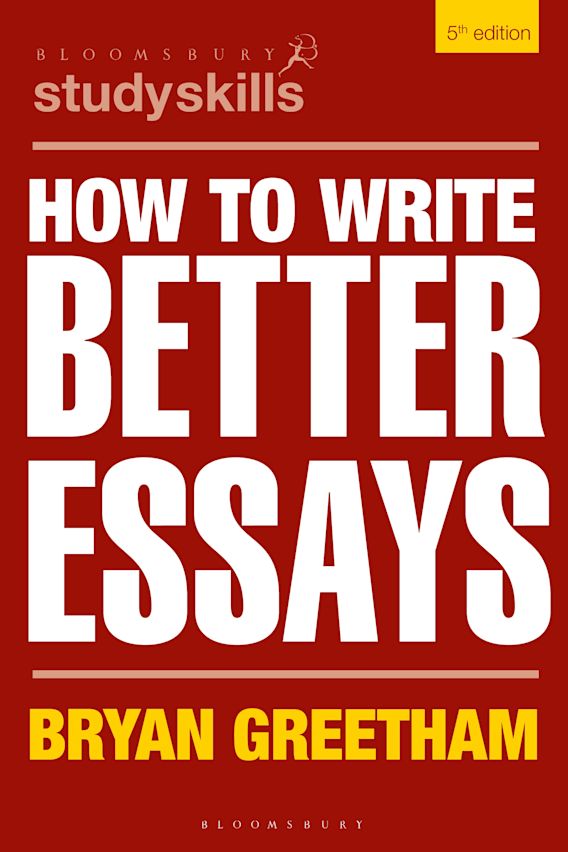


Are you sure you want to reset the form?
Your mail has been sent successfully
Are you sure you want to remove the alert?
Your session is about to expire! You will be signed out in
Do you wish to stay signed in?
Have you ever wondered why some people can produce a well-structured relevant essay written in a style that seems to glide across the page with the minimum of fuss? Do you think some people simply have these skills and others don’t, and that there is nothing we can do about it? This book might just change your mind. Addressing each landmark stage of the essay writing process, How to Write Better Essays shows you how to…
In addition, practical techniques teach you how to analyse, criticise, discuss and evaluate material, revise your final draft and avoid plagiarism. The fifth edition of this bestselling book includes a new chapter on staying focused and managing distractions. It also features new techniques for reading sources that will help you form your own judgements and craft strong and original arguments.
For every student who needs to write essays, from whatever discipline, this book is an essential resource, offering the help and inspiration you need to tackle your essays with confidence.
Table of contents
Introduction
Why Write Essays?
The Stages
Stage 1 Interpretation of the Question
Introduction
Stage 2 Research
Introduction
Stage 3 Planning
Introduction
Stage 4 Writing
Introduction
Stage 5 Revision
Introduction
Sample essay 1: Revising the Structure
40. Revising the Content
Sample essay 2: Revising the Content
41. Learning from Feedback
Conclusion
Bibliography
Index
 BRYAN GREETHAM was an Honorary Fellow at the University of Durham, UK, and previously taught at The University of Newcastle, New South Wales, Australia. He is the author of How to Write Your Undergraduate Dissertation, How to Write Your Literature Review and Smart Thinking.
BRYAN GREETHAM was an Honorary Fellow at the University of Durham, UK, and previously taught at The University of Newcastle, New South Wales, Australia. He is the author of How to Write Your Undergraduate Dissertation, How to Write Your Literature Review and Smart Thinking.

.